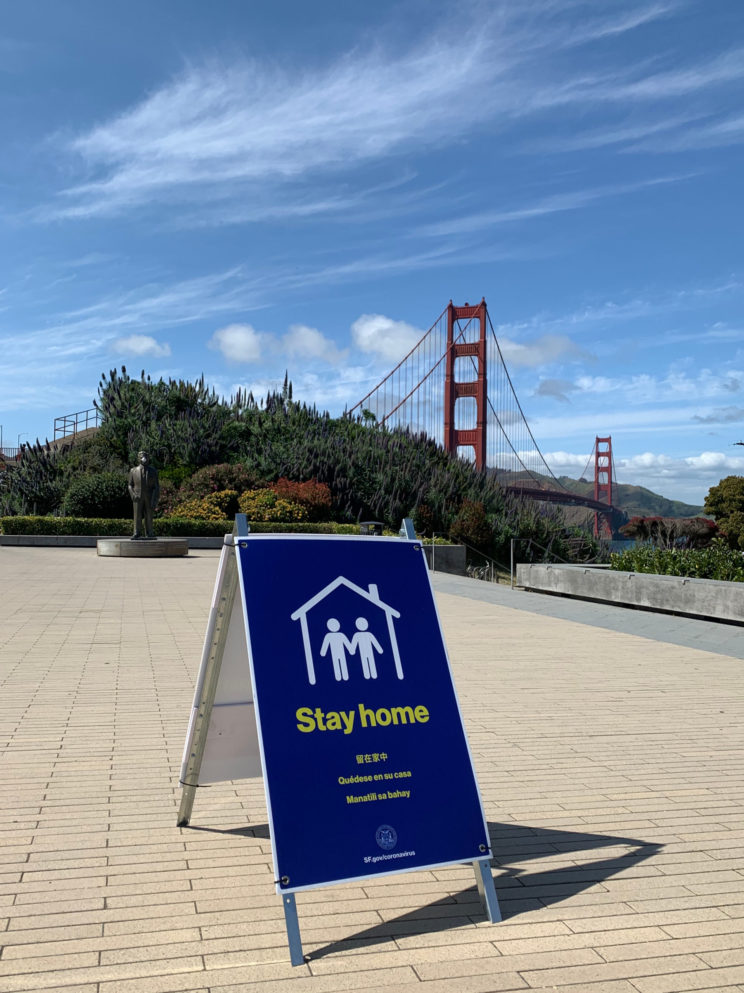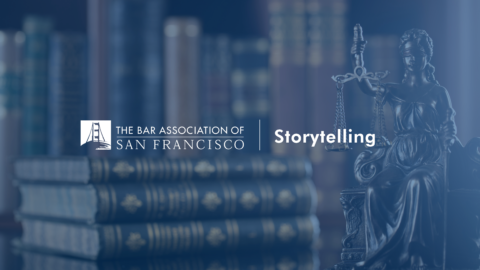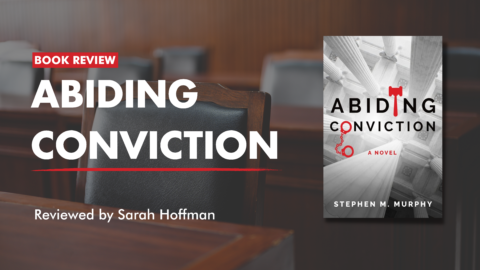COVID-19 has turned 2020 on its head—and with no end in sight, all of us are settling into the “new normal” that many predict will change how lawyers work not just temporarily, but forever. As all of us adjust to this reality, it is important to highlight groups that will be particularly affected by it—junior and diverse attorneys.
It is difficult to focus on these concerns. We are struggling to adapt to the new practice of law while balancing concerns for health and safety, family obligations, mental health—and the fact that existing issues like racism have not abated.
Below I outline advice to law students and junior attorneys on practicing, to seasoned attorneys on how to help, and to everyone on diversity as we face these challenging times together.
Law Students and New Graduates
Law school is about learning the law, of course, but it is also about the connections that you make with fellow classmates, professors, alumni, and more. While law schools can and will adapt to distance learning and instruction, how do law students create meaningful connections that will endure past graduation? It is certainly hard, but doable. Everyone is feeling isolated now, and we are all reaching out through our Zoom screens to interact with others.
Take advantage of this. Schools, bar associations, firms, and companies are all moving their content online. When the pandemic started, I told the Barristers Club Board of Directors that bar associations are needed now more than ever before and we increased our content and offerings. Interactions online can actually be easier than in-person meetings since attorneys do not need to travel—or even change out of their pajamas. Join a bar association and go to events, but do not stop there. The downside of large online events is that it is difficult to be noticed and create one-on-one connections. So identify specific people to reach out to or target smaller events so you can follow-up on a more individualized basis. In short, creating meaningful connections is still doable, it just takes more and different efforts.
For recent graduates, the biggest struggle is the uncertainty about the future—from the bar exam to jobs and the economy. It is not easy to graduate into a recession, and even harder when it is not just the economy but public safety at issue. While your plans may be disrupted, that does not mean you cannot be planning. Success may need to be reframed or viewed differently, but you are not alone in this struggle. You have at your fingertips a community of attorneys who want desperately to help you, and we are ready when you call.
Junior Attorneys
At a time when we should be building our careers, it can instead feel like we are simply passengers on a wild and crazy roller coaster. While some of this cannot be helped (and at times all you can do is hold on), grab the steering wheel. Do not expect that others will figure out how to help; they are busy grappling with their own issues. Even though many aspects of practicing law are out of your control, focus on the parts that you do control.
Invest in yourself. Take time to do trainings that you were previously too busy to do. For example, the Barristers Club has focused on generating practical skills trainings and has benefited from being able to bring in non-local speakers as well. Become an asset that your employer cannot live without, and when the dust settles on the pandemic you will emerge a better and valued lawyer.
Create something. You do not need to join a preexisting project. Create it yourself. Write articles or speak on panels to raise your profile. Identify pro bono cases to take on. If it does not exist, make it.
Be visible. Without being seen at the office every day, it is easy to be forgotten—out of sight, out of mind. Staying at the top of someone’s mind can be as simple as sending an email or making a phone call. It does not even need to be about work, but even little touches can create an impression.
Seasoned Attorneys
As leaders in this profession, you are shouldering much of the burden of ensuring that we continue to provide top-notch legal services and emerge from this crisis intact. While you are balancing many concerns, do not forget about junior attorneys. This is a group likely to be overlooked. It is assumed that they will be “fine,” and thus are often not prioritized. That is a mistake.
Junior attorneys are the future face of the legal profession. Good attorneys do not just appear, they are built. It takes time and effort from experienced practitioners to teach and mentor junior attorneys. Now is the time to refocus these efforts and ensure that the future generation of lawyers is well-trained and ready to lead.
Diversity and Anti-Racism
Reports show that during a recession, diverse attorneys are the ones who are most negatively impacted. As firms and companies focus on staying afloat, diversity efforts are set aside—as a problem for another day. But if diversity takes a back seat during every recession, progress will never be made. Diversity must stay front of mind now more than ever as diverse and female attorneys are more likely to be struggling, receive less work, or be overlooked. Not everyone stands on equal footing, and the pandemic and recession will highlight these differences. Business-as-usual will not be enough—it will take extra and special care to simply maintain the status quo.
Beyond diversity within the legal profession, attorneys have a role in shaping laws, policies, and cases that affect minority communities everywhere. The coronavirus pandemic has heightened racial tensions across the nation. Racism against African Americans and Asian Americans in particular has continued and escalated, adding problems to communities that are already struggling with the pandemic.
Even within the Bay Area “bubble,” reports of racist words and actions against Asian Americans surfaced soon after the pandemic began. They serve as a stark reminder that perhaps we are not so far from the Chinese Exclusion Act and Japanese internment camps after all. For African Americans, the pandemic has not slowed patterns of injustice long endured and perpetuated. The killings of Ahmaud Arbery and George Floyd are only two examples, and ones that are unfortunately all too familiar.
As lawyers, it is our job to stand up and fight against racism. It is not enough to not be racist, we must be anti-racist. We hold a position of power in the legal system, and must consciously wield that power—and do so responsibly.
Kelly Matayoshi is a senior associate at Farella Braun + Martel and the current Barristers Club President. Her practice focuses on business litigation and employment, with a focus on the consumer products industry.



